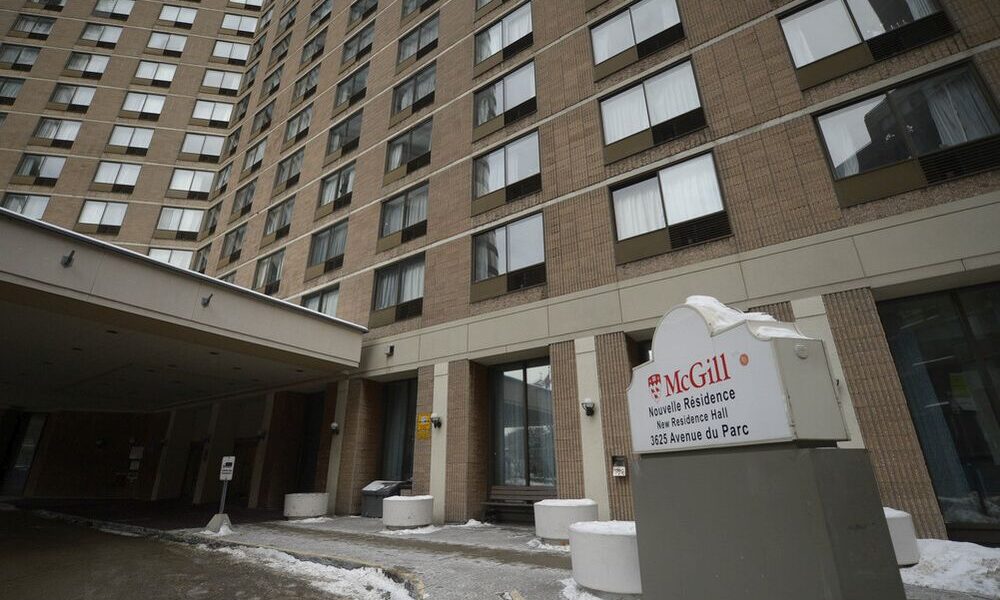University is a time of experimentation, exploration, and self-discovery. For some students, this includes experimenting with drugs. However, users rarely have access to comprehensive education regarding safe drug use—a necessary component of a harm reduction approach. For many first-year students, their only “harm reduction” measure is an informal tradition: Floor fellows instruct students to write down the name of the drugs they are doing and tuck it into their left shoe. In the event of an overdose, floor fellows can refer to the note to help identify the drugs and respond appropriately. However, beyond this, there are very few harm reduction initiatives implemented across campus on behalf of McGill, especially in residences—a move that does more harm than good.
McGill has a responsibility to make sure that students’ experimentation with drugs is as safe as possible. Instead of prioritizing their students’ well-being, however, McGill recently adopted a zero-tolerance policy on drug consumption, further stigmatizing drug use on campus. Consequently, students themselves have taken on the responsibility of making harm reduction resources available on campus. McGill’s lack of care for their students’ health and safety places an unfair burden upon students to make campus safer.
Drug use happens across all university campuses, and McGill is no exception. Students are not naive to this reality, and many are committed to addressing the gaps in knowledge that exist. One student-led group, Making Drugs More Accurate (MDMA), has made it their mission to address the lack of harm reduction education on campus. By providing accessible drug testing, education, and safe spaces, MDMA makes it safer for McGill students to experiment with drugs.
What is perhaps most telling about the state of harm reduction at McGill is the overwhelmingly positive student response to their initiative. According to the founder of MDMA, the group handled over 40 orders containing 160 different substance samples that were tested and deemed safe to use over the course of a mere 48-hour period. The group’s online following only continues to grow because of their willingness to do what the administration refuses to.
This is not the first time students have taken matters into their own hands to protect their peers. A petition on change.org demanding a commitment to harm reduction began circulating in May and has since gained traction, with 400 signatures as of Oct. 18. The petition is demonstrative that McGill students will continue to protect each other even if their university fails to. In the petition, students call on McGill to adopt a compassionate, educational, and non-punitive approach to drug use in residences and across campus as a whole. This approach might include adopting harm reduction techniques set forth by the National Harm Reduction Coalition and making resources such as naloxone available in all residence buildings and campus partners. Additionally, the petition calls upon McGill to embrace the recent postponed motion brought before the Students’ Society of McGill University Legislative Council in March 2020. The motion serves as an exposé against McGill for actively rolling back harm reduction policies by removing floor fellow training and online resources.
The lack of institutionalized harm reduction resources on campus renders countless students without support when it comes to the safe consumption of drugs. If not for the student mobilization Making Drugs More Accurate sparked, the state of harm reduction at McGill would be virtually non-existent. If McGill refuses to implement life-saving harm reduction measures itself, it must at the very least provide support to student-led harm reduction initiatives and invest in a safer McGill community for all students. The administration’s blatant ignorance and avoidance of the topic of harm reduction can no longer be overlooked. Even if students are willing to take on this burden, it is ultimately McGill’s responsibility to alleviate the pressure by providing adequate resources.








